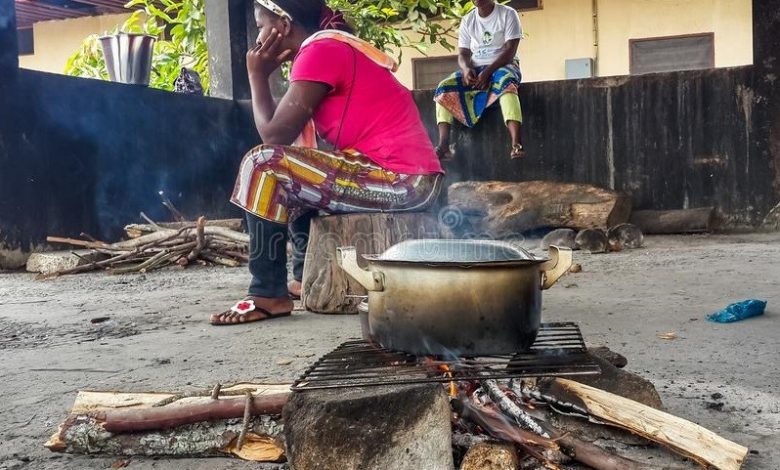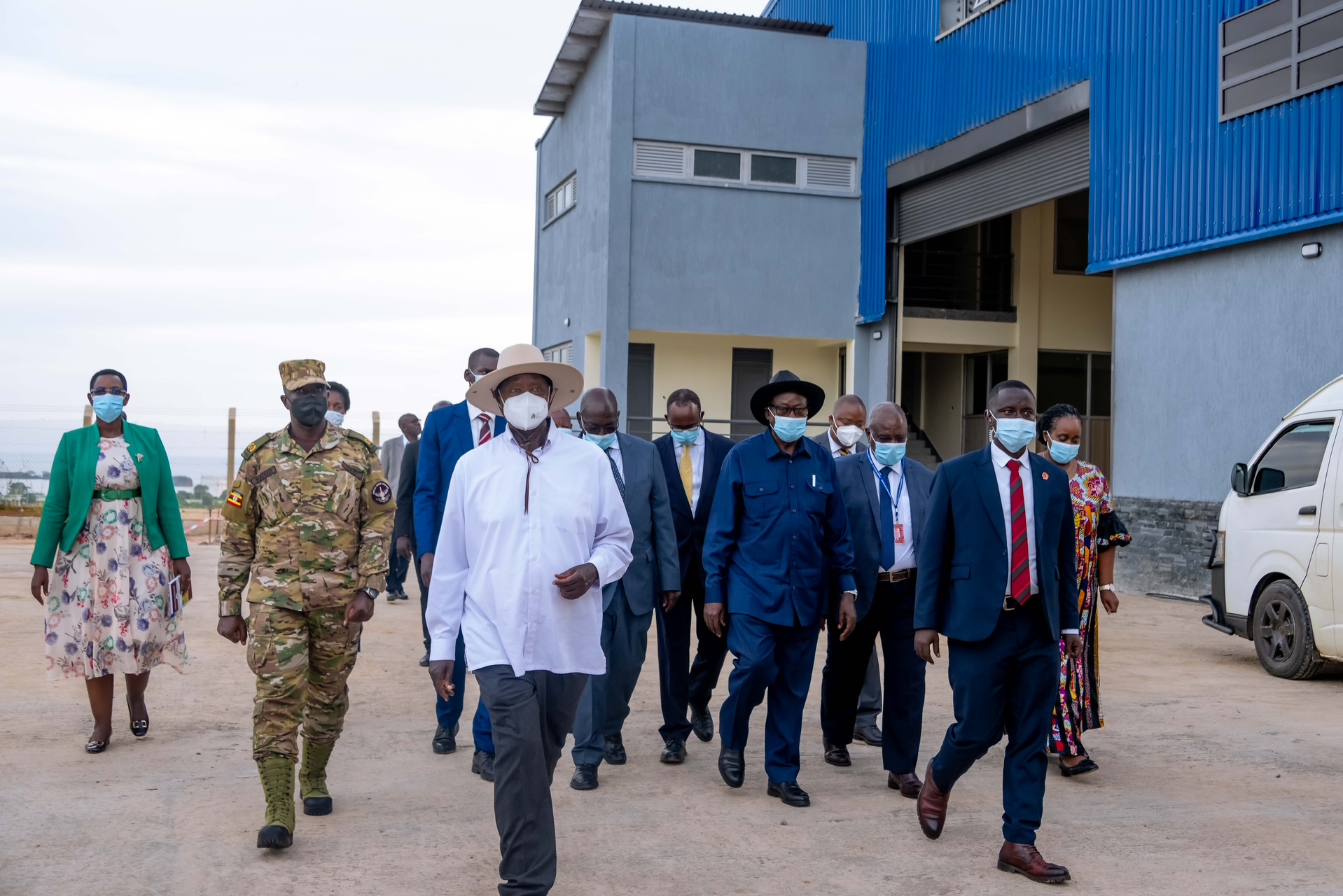Experts call on Africa to bridge technological gap to facilitate energy transition
Experts have called on African countries to bridge the existing technological gap across the continent so as to facilitate the energy transition.

Experts have called on African countries to bridge the existing technological gap across the continent so as to facilitate the energy transition.
The suggestion was made during the Fifth African Science, Technology, and Innovation Forum high-level policy dialogue on emerging energy technologies that gathered a panel of African and UN experts on Feb. 26-27, the UN Economic Commission for Africa (UNECA) said in a statement late Monday.
The experts called for a deep overhaul of Africa’s approach to energy issues to break the vicious cycle of outdated technologies, respond more efficiently to electricity needs and speed up economic development.
“Our current challenge is to get heads of state to adopt a joint, green hydrogen policy by the end of this year,” a UNECA statement quoted Francis Sempore, executive director of the ECOWAS Center for Renewable Energy and Energy Efficiency, as saying.
He said green hydrogen in West Africa may sound utopian now, but so did the ECOWAS leaders’ decision to adopt a regional policy on renewable energy in 2013. Yet it has become unthinkable for a country not to have solar energy in its energy mix.
According to the UNECA, the case of Niger, where the forum was held in a hybrid format, is a stark illustration of the contradictions that the region and the rest of the African continent are experiencing presently.
In addition to its immense energy potential with a mix of solar, hydroelectric, and wind, the country has some 90 million tonnes of coal, 953 million barrels of oil, more than 24 billion cubic meters of natural gas, and one of the largest reserves of uranium in Africa, according to Saidou Madougou, professor at the Abdou Moumouni University in Niamey, the capital of Niger.
In 2022, however, access to electricity only benefited 16 percent of the country, and 6 percent in rural areas. Biomass (fuelwood) presently covers more than 87 percent of household energy needs in a country where 200,000 hectares of land are lost to desertification every year, the UNECA said.
According to the UNECA, in order to increase Africa’s energy production capacity, policymakers will have to act at multiple levels.
They would need to ensure their countries have enough know-how for the use of renewables; set up special mechanisms to attract investments in renewable energies and create capacity for research.
Linus Mofor, a UNECA senior environmental affairs officer, urged Africa to bridge its technological gaps by initiating a conversation between countries in the priority areas of intervention and strengthening scientific and technological research.
“We also need to consider how we finance innovation: while we need to challenge African governments to invest themselves, we also need to keep in mind that few governments have financial scaling capacity. Then again, energy access can increase incomes by up to 39 percent,” said UNECA Director for Technology, Climate Change and Natural Resources Management Jean Paul Adam.
The Fifth African Science, Technology and Innovation Forum, which was held in Niamey, ahead of the 9th African Forum on Sustainable Development, was jointly organized by the UNECA, UNESCO, the African Union (AU) Commission and the Department of Science and Innovation of South Africa.
Discussions aimed to consider how science, technology and innovation can support African efforts to achieve an inclusive and green recovery from multiple crises and the integrated and full implementation of the AU’s 2030 Agenda for Sustainable Development and Agenda 2063.







